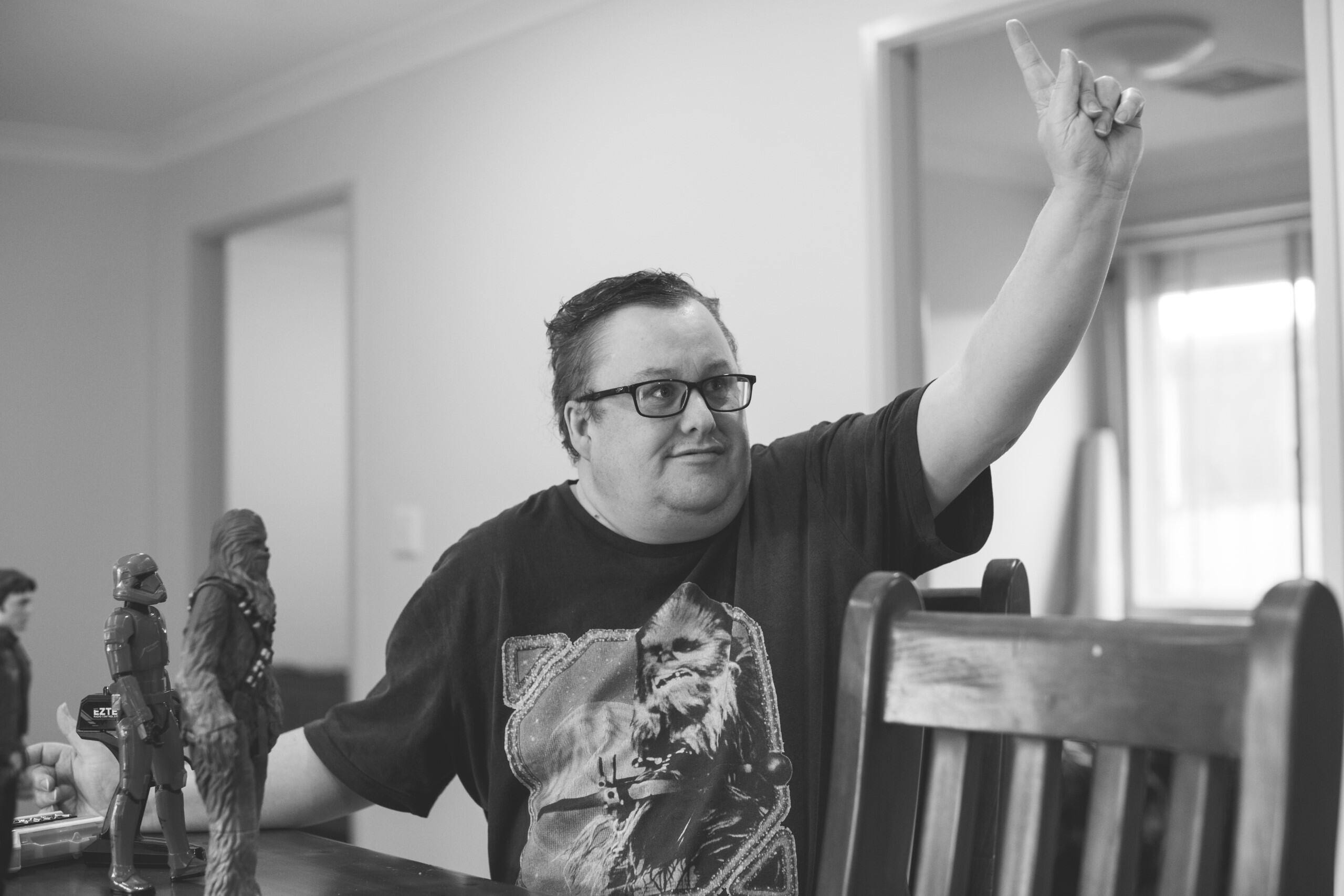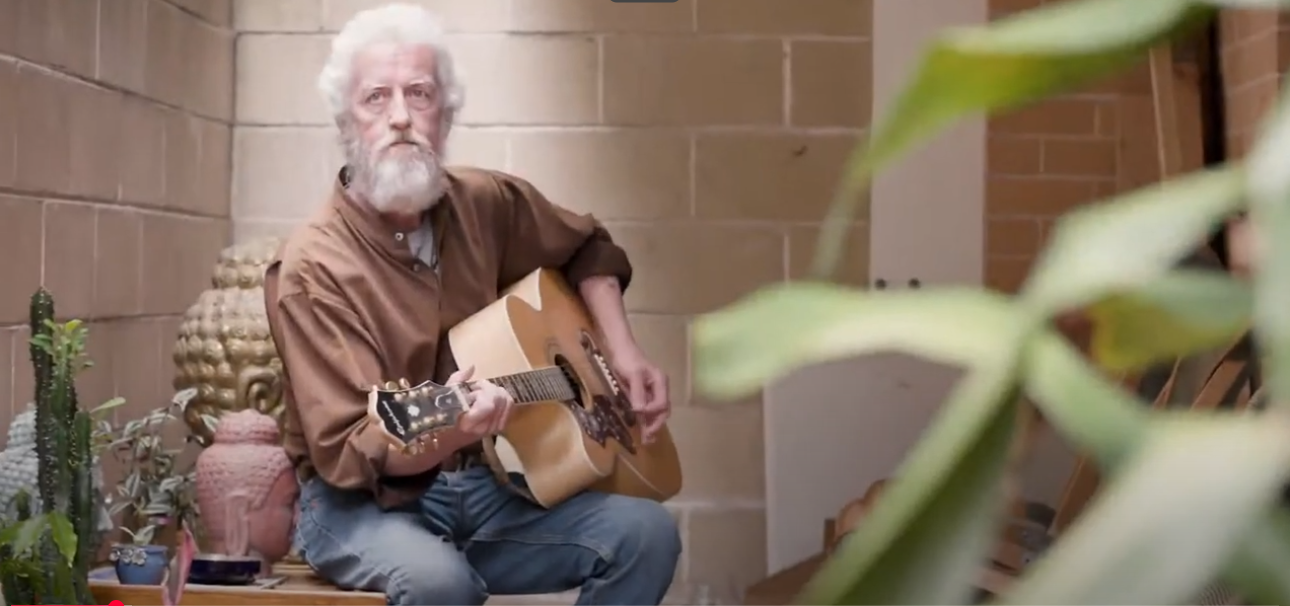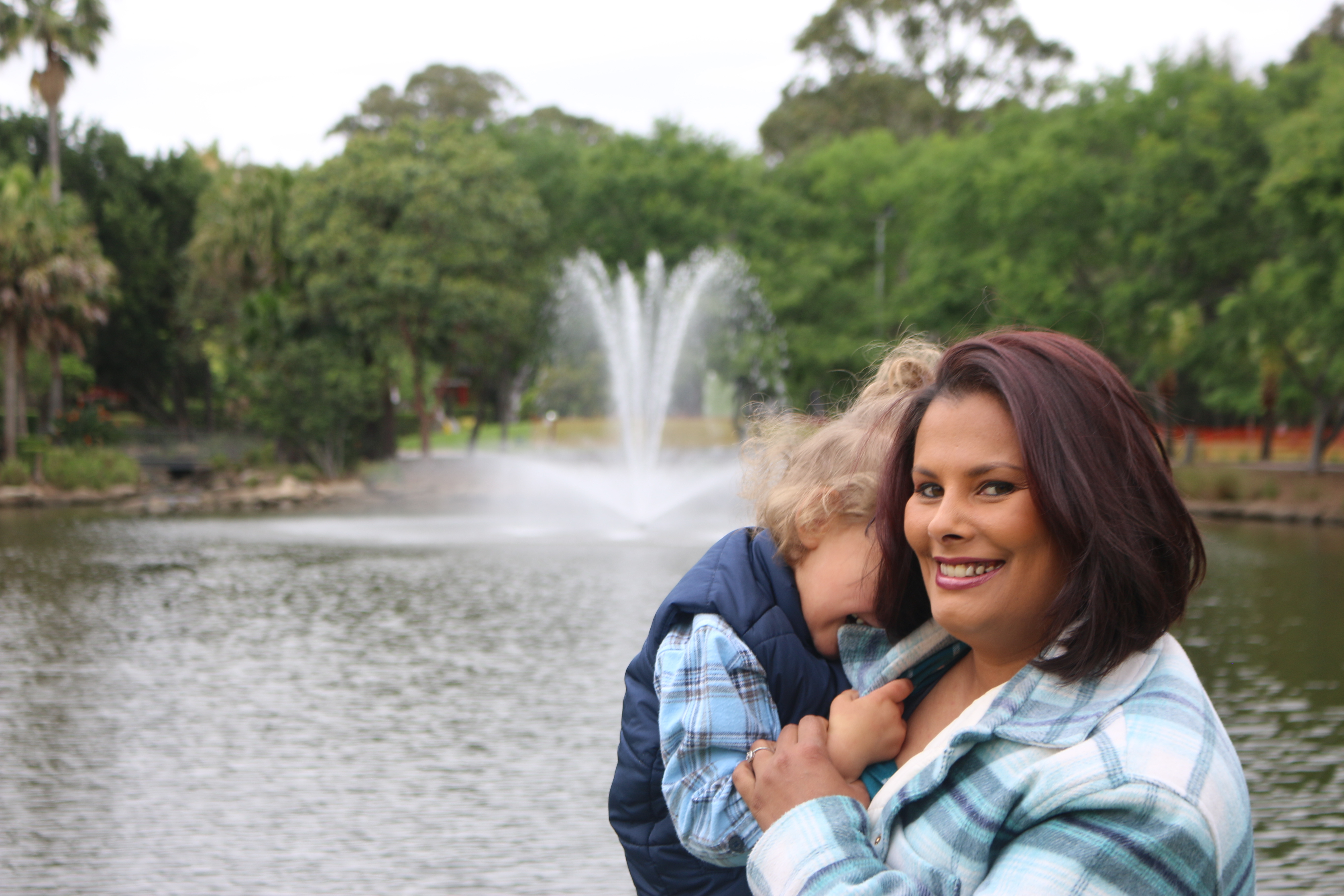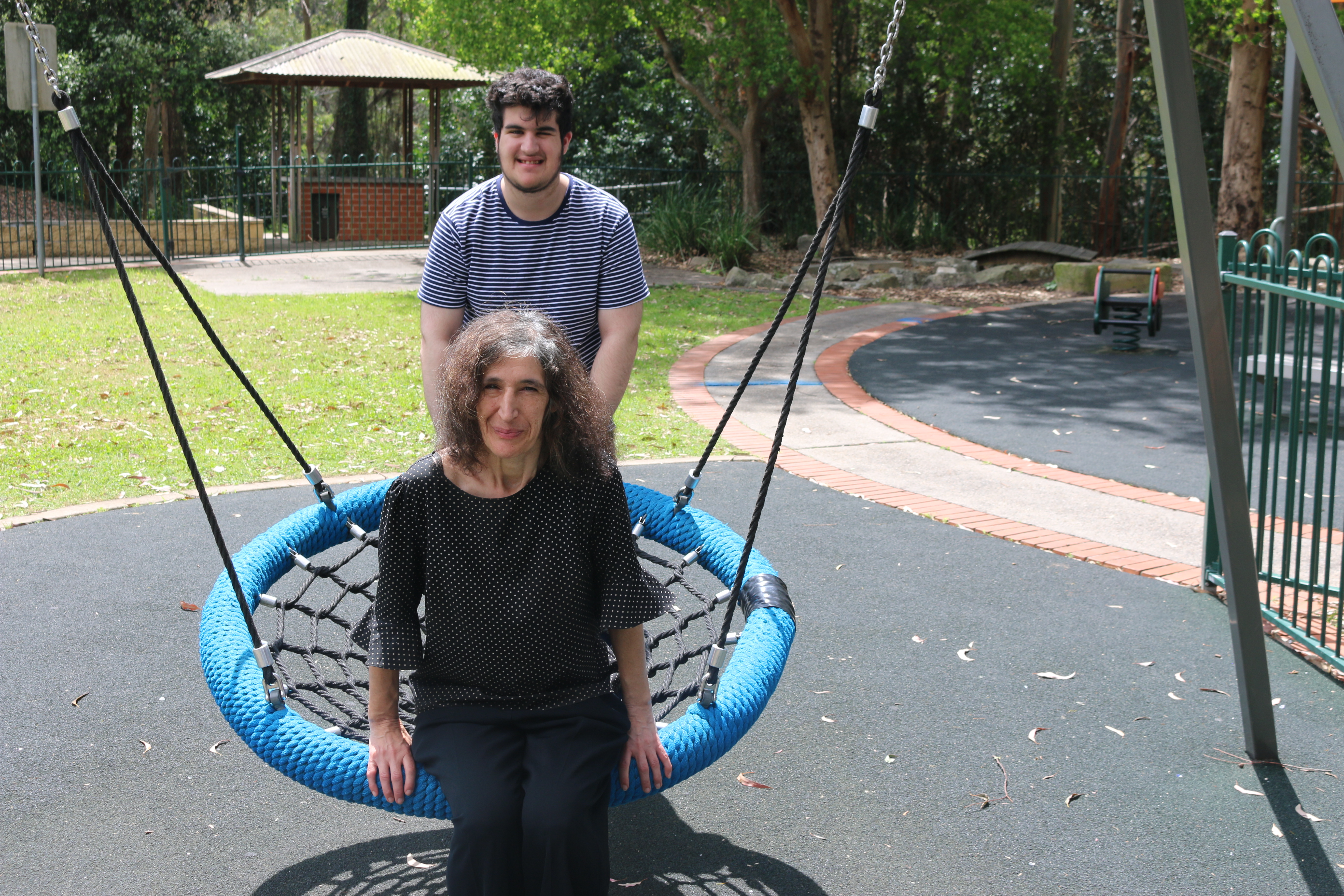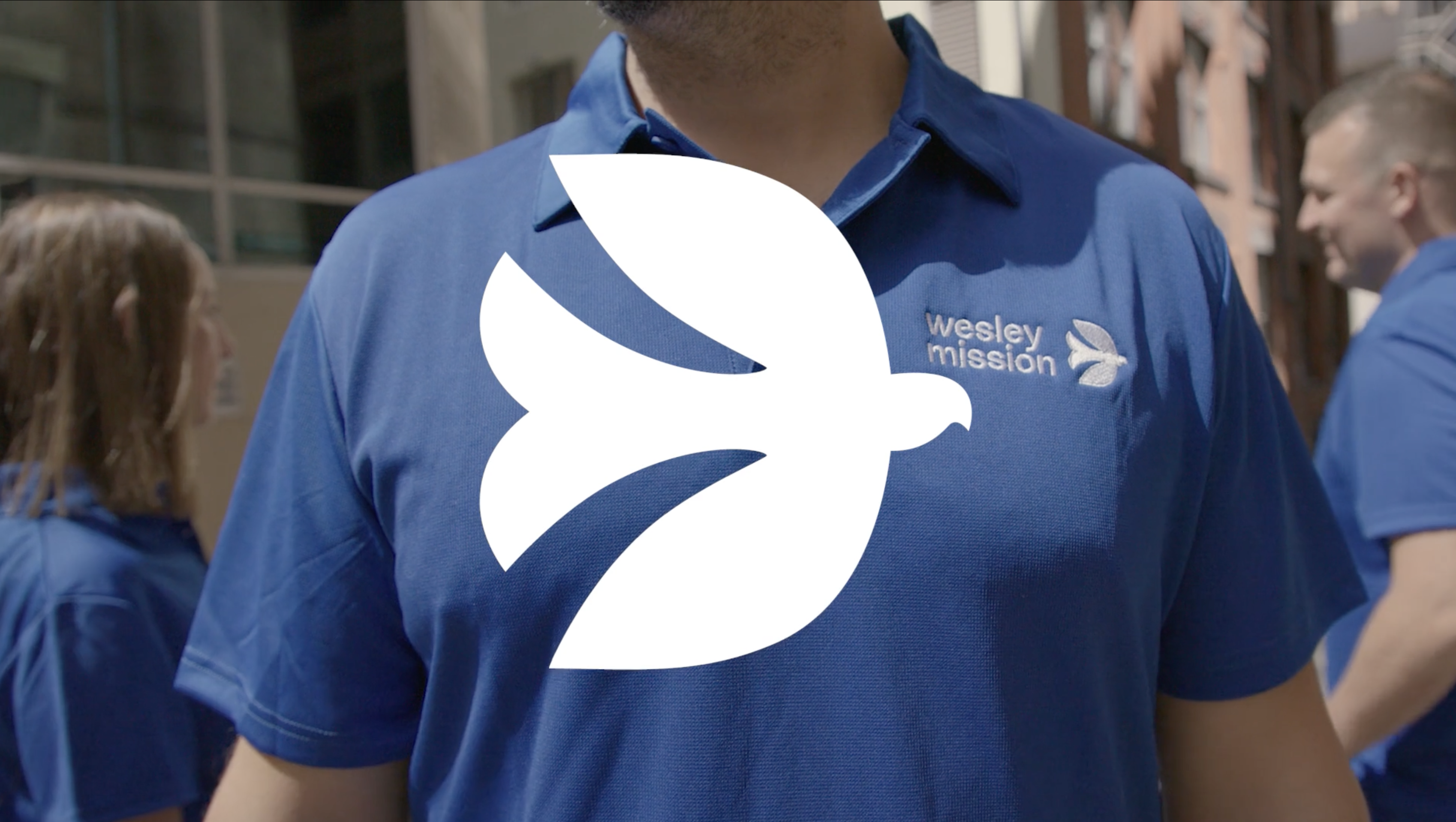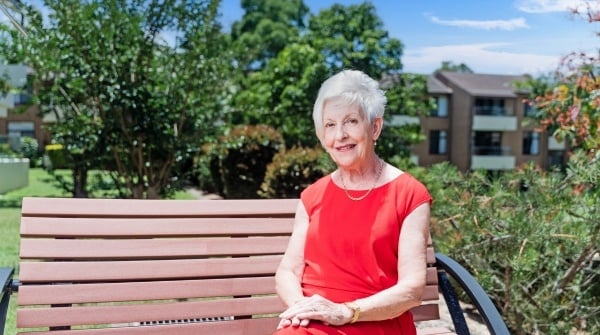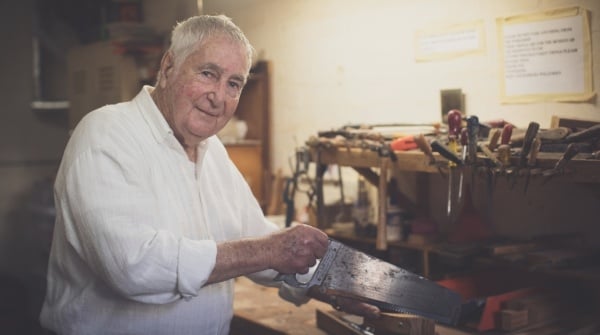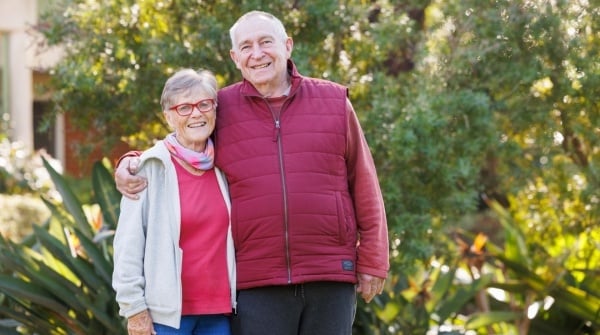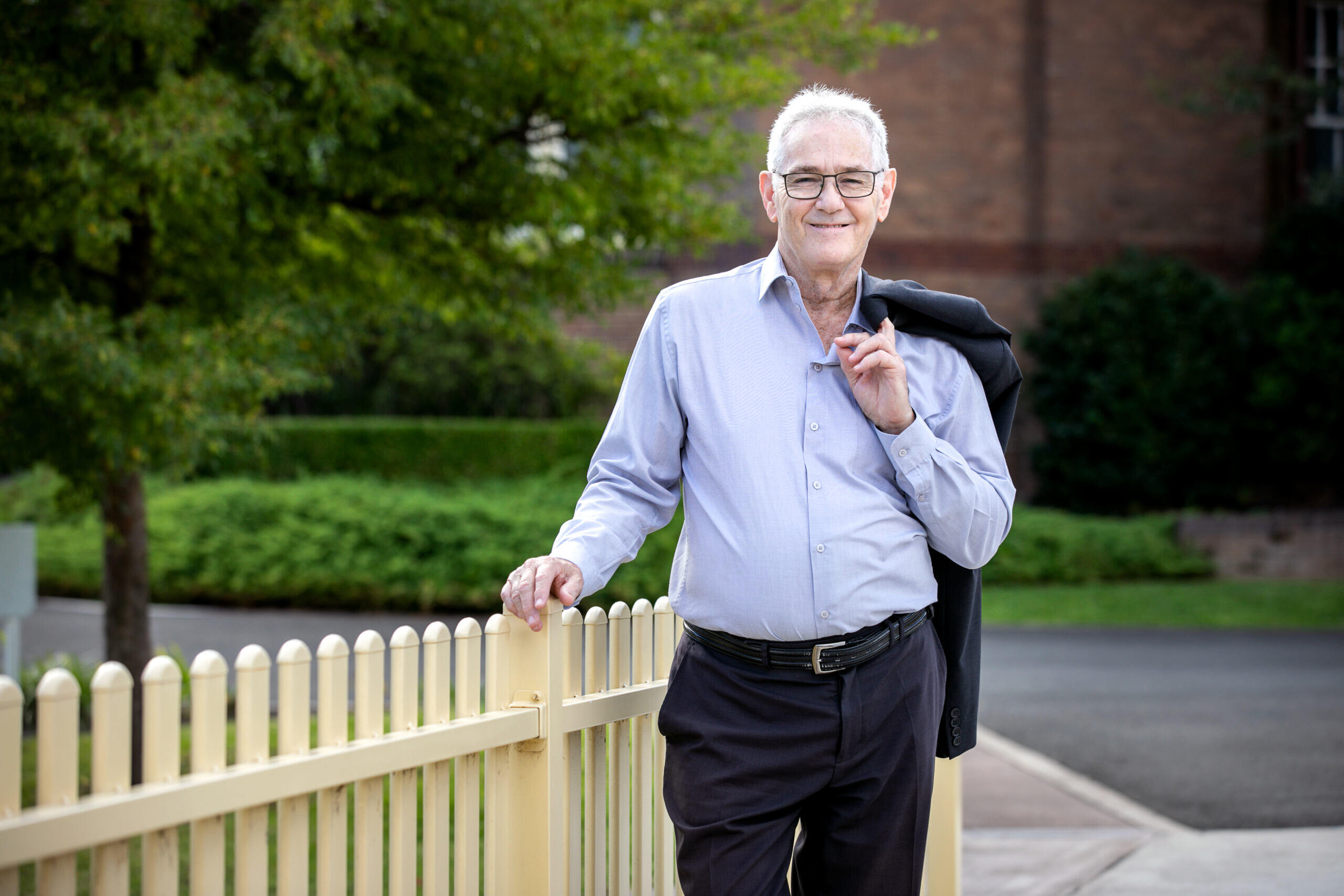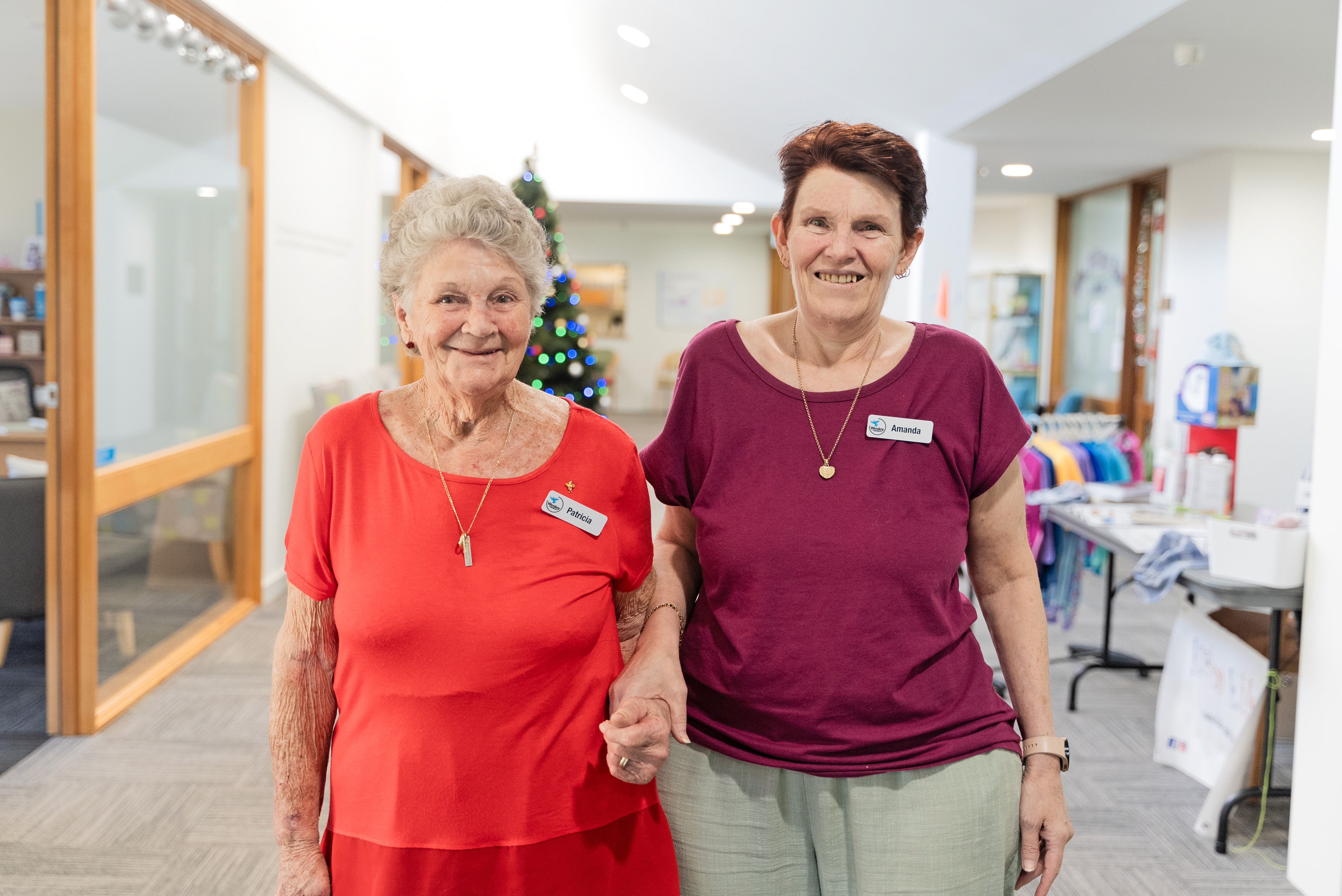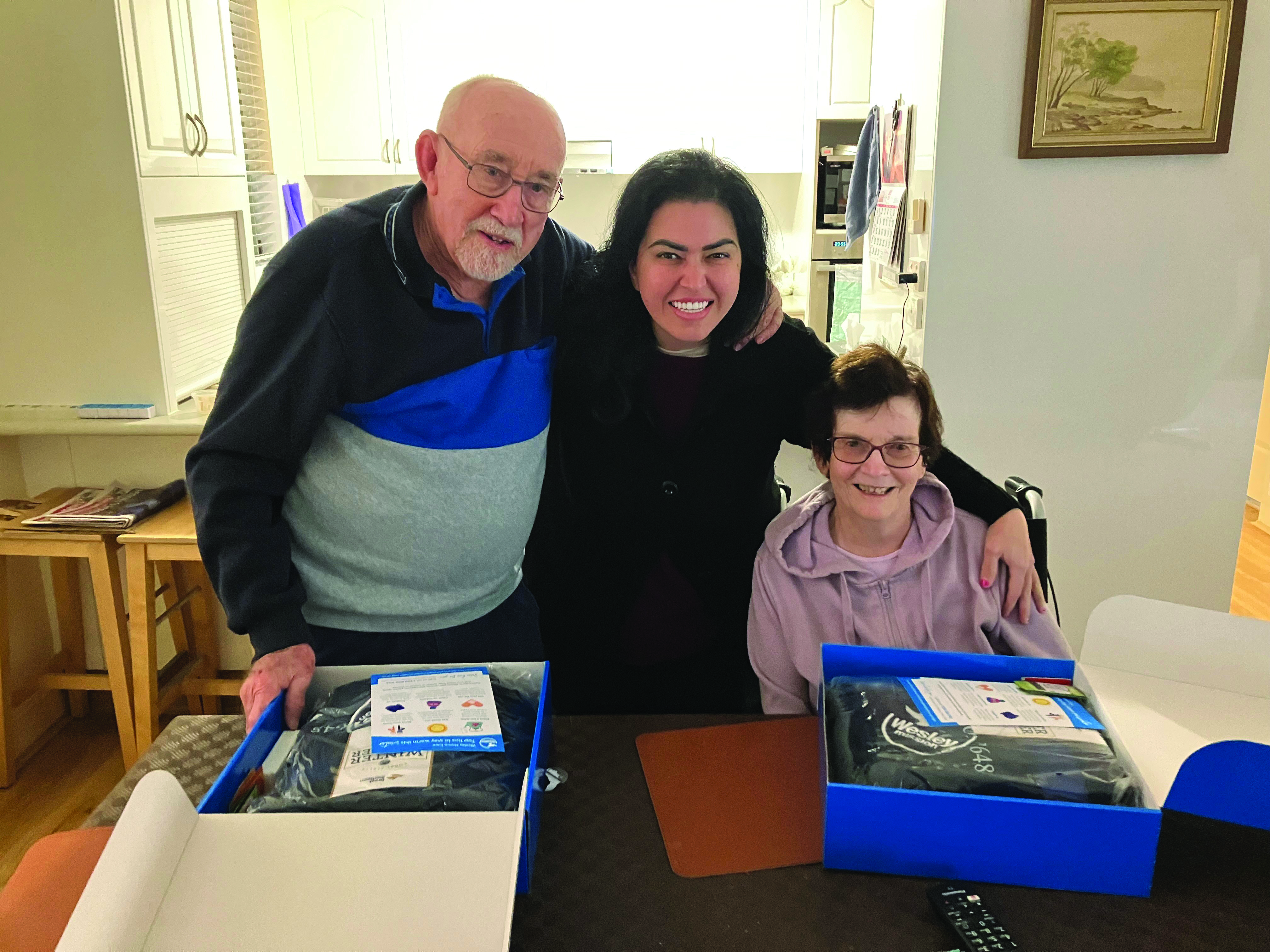A huge smile appears across Greg’s face. He points to Michael and says, “This is my friend.”
News and stories

Select your category
Martin had always worked. He’d lived in his home for seven years and earned good money from his hospitality job. Then came COVID-19.
In moments of desperation, Jasmine would lock herself in the bedroom, cradling her baby boy close to her chest whenever her son’s father erupted in rage. Despite it being her own home, she felt...
Every week, Daniel and Josh* went on a walk so they could chat. Josh, who’s a passionate Swans fan and wrestling guru, would discuss sports, which then opened the door for Daniel to talk to Josh...
Wesley Mission has launched a new website and refreshed brand. We remain the same organisation – a community services provider and a church that together support all people across all stages of life...
For Kay,it’s the simple things in life, whether going for a walk or having lunch with friends, that bring her joy.
Retirement isn’t a time to slow down for Bill. It's a time to enjoy life with loved ones, travel and give back to others.
“It didn’t take me long to say, ‘I’m going home’,” smiles Maree. After living in the same four-bedroom house for 58 years, Maree was shocked at how quickly she and her husband, Bill adjusted to...
“It was probably my destiny that I’d ended up working for Wesley Mission,” says Roger.
Helen can’t help but smile as the people she supports sing praise and worship songs at the top of their lungs. “It just gives us great peace to start the day off,” she says.
Pat no longer worries about her daughter’s future since moving into Wesley Mission’s Frank Vickery Village.
Every fortnight, Claudia picks up Danny and takes him shopping. Struggling with arthritis, Danny, who’s 81, relies on Claudia to push the trolley and handle the heavy lifting while he checks off...
